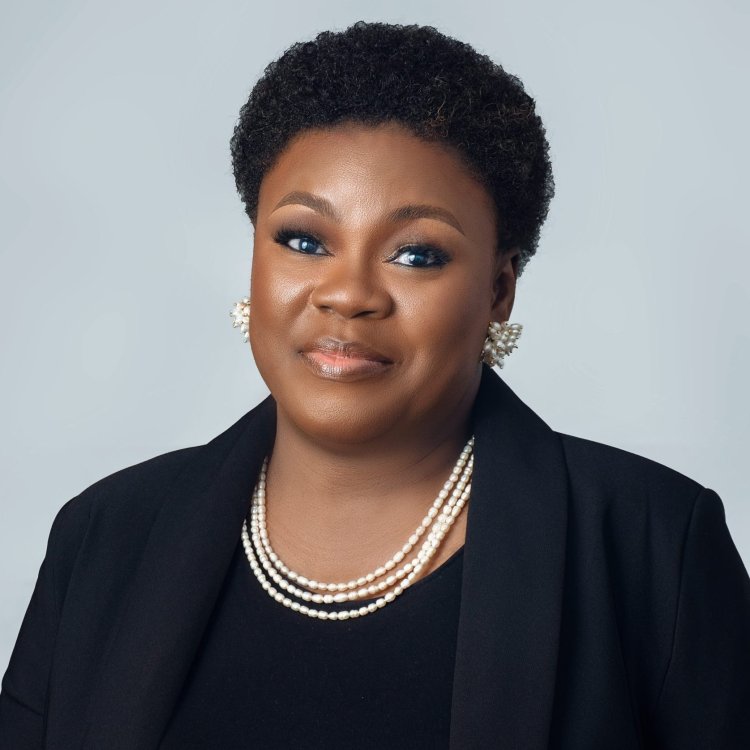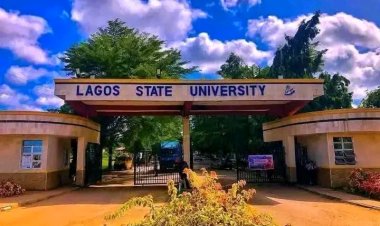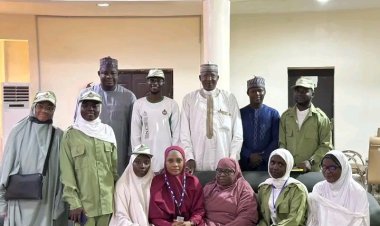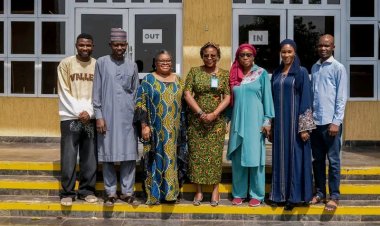Students in Rural Areas Lack Internet Access - CEO Akere
Akere urged all tiers of government in Nigeria to consider subsidizing public internet access to narrow the digital gap between urban and rural communities.

The Chief Executive Officer (CEO) of Cherithpoint Education and Youth Development Initiative, Mrs. Olajumoke Akere, has revealed that students in rural or impoverish areas often lack access to digital devices and the internet, at an event organized by GoToCourse in Ibadan, in order to mark Digital Literacy Day.
She urged all tiers of government in Nigeria to consider subsidizing public internet access to narrow the digital gap between urban and rural communities.
RECOMMENDED: Polytechnic Launches Initiative to Combat Internet Fraud Among Students
Highlighting the profound impact of digital literacy on future job opportunities and economic participation, Mrs. Akere emphasized the transformative role of digital technologies in education. "Access to digital tools and resources can greatly enhance educational experiences and prepare students for the digital economy," she explained.
Mrs. Akere outlined several steps that governments should take to bridge the digital divide effectively. These include the formulation of robust policy frameworks, investment in infrastructure development, and promotion of educational and skill advancement programs tailored to digital literacy.
She proposed specific measures governments could adopt to promote digital inclusion. "Policies should encompass subsidies for broadband and digital devices, establishment of public Internet access points, and sponsorship of comprehensive digital literacy programs," Mrs. Akere suggested.
SUGGESTED: POLY IBADAN: Mass Communication Alumni Set to Celebrate 20th Anniversary with Special Projects and Reunion Activities
In his remarks, the Oyo State Commissioner for Education, Science, and Technology, Prof. Soliu AbdulWaheed, lauded GoToCourse for its efforts in advancing digital literacy within the educational community. He acknowledged the importance of such initiatives in empowering students, teachers, and educators with essential digital skills.

 Zita Ezechi
Zita Ezechi 



